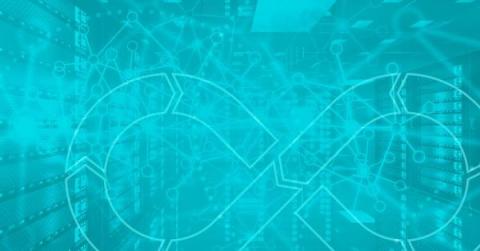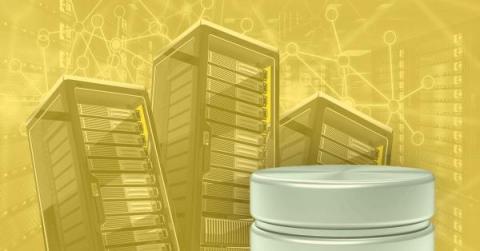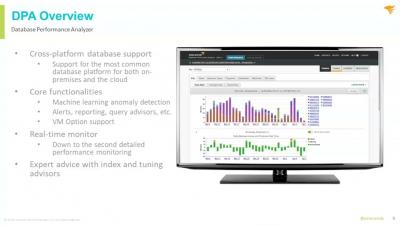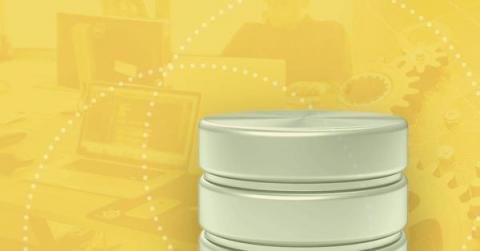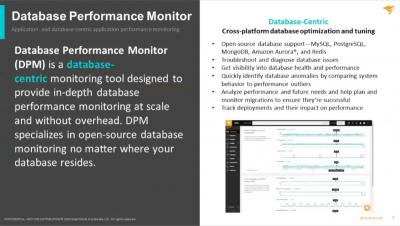What Is MongoDB's _id Field and How to Use It
The MongoDB _id field is fundamental to every collection in MongoDB, and, by default, it has some useful properties users can take advantage of when familiar with how _id is generated. Understanding the field's default behavior and the advantages and pitfalls associated with it can be useful for managing your collections as well as understanding when to override it.



